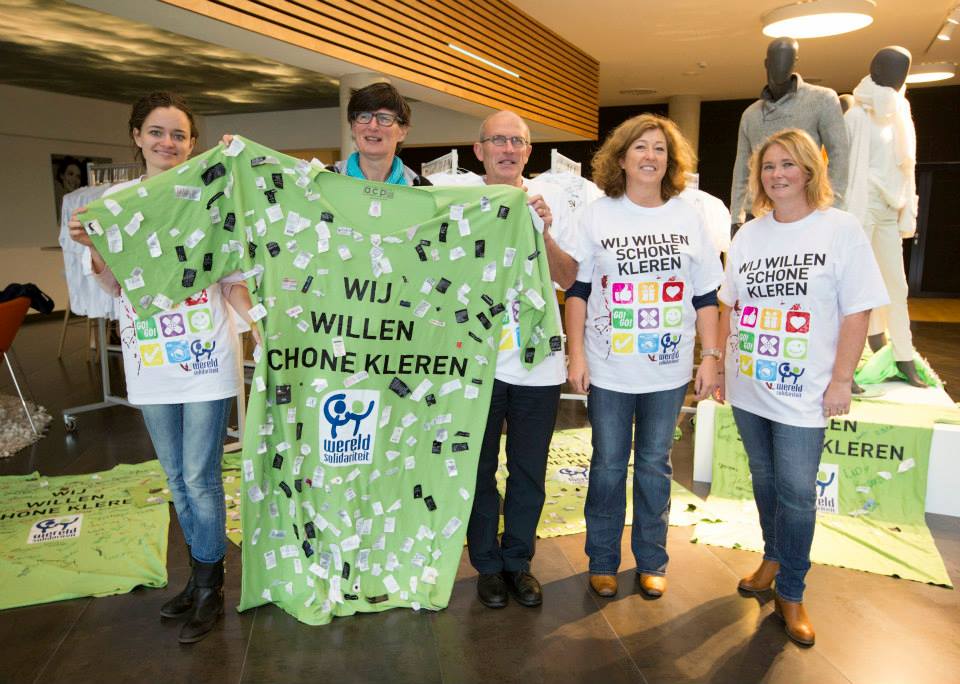Since most of our funds come from the Belgian Development Cooperation, we are held accountable to them for this tax payers money. Though mostly through reports, we sometimes also have the pleasure of being able to show in the field what is happening and how the program is build up.
For five days, I accompanied two members from the DGD in and around Dhaka, exchange with our two partners there, NGWF and GK, and explaining our program through specific activities and field visits. Hence, here in 30 pictures, an overview of what we saw and did.
In the following posts, I will go more into detail on some of the activities and also illustrate them through videos.
For five days, I accompanied two members from the DGD in and around Dhaka, exchange with our two partners there, NGWF and GK, and explaining our program through specific activities and field visits. Hence, here in 30 pictures, an overview of what we saw and did.
In the following posts, I will go more into detail on some of the activities and also illustrate them through videos.
.jpg)
.jpg)








